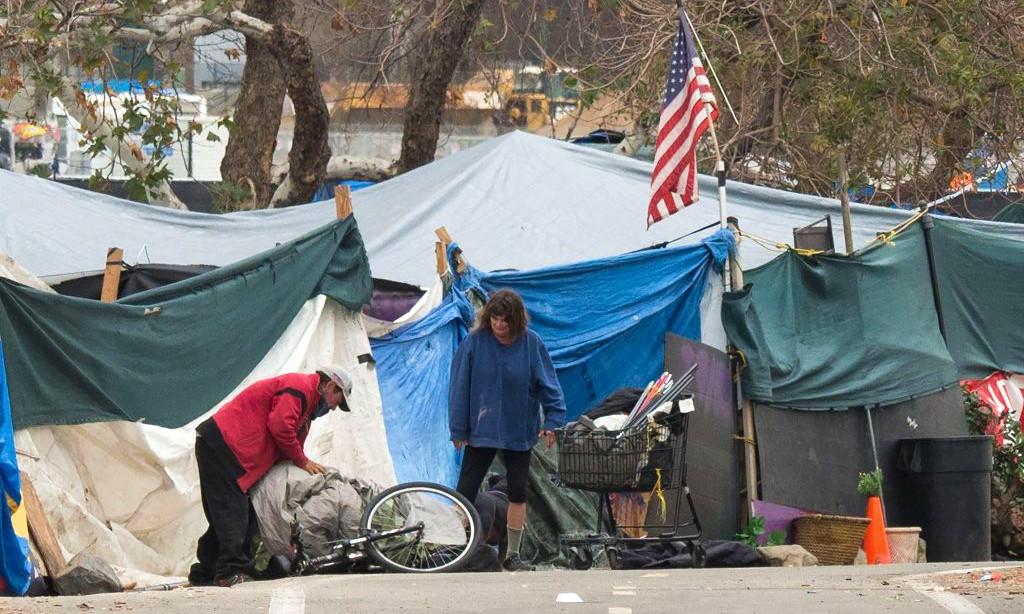SANTA ANA, Calif. (CNS)—An Orange County Superior Court judge refused on April 20 to issue a temporary restraining order blocking the county from using a state and federal program to house transients infected with COVID-19 at a Laguna Hills hotel.
Orange County Superior Court Judge Thomas Delaney ruled that the state’s emergency declaration supersedes any covenants, conditions, restrictions, and reservations of easements, or CC&Rs, that would bar a change in the use of the 76-bed Laguna Hills Inn at 23061 Avenida de la Carlota as part of Project Roomkey.





